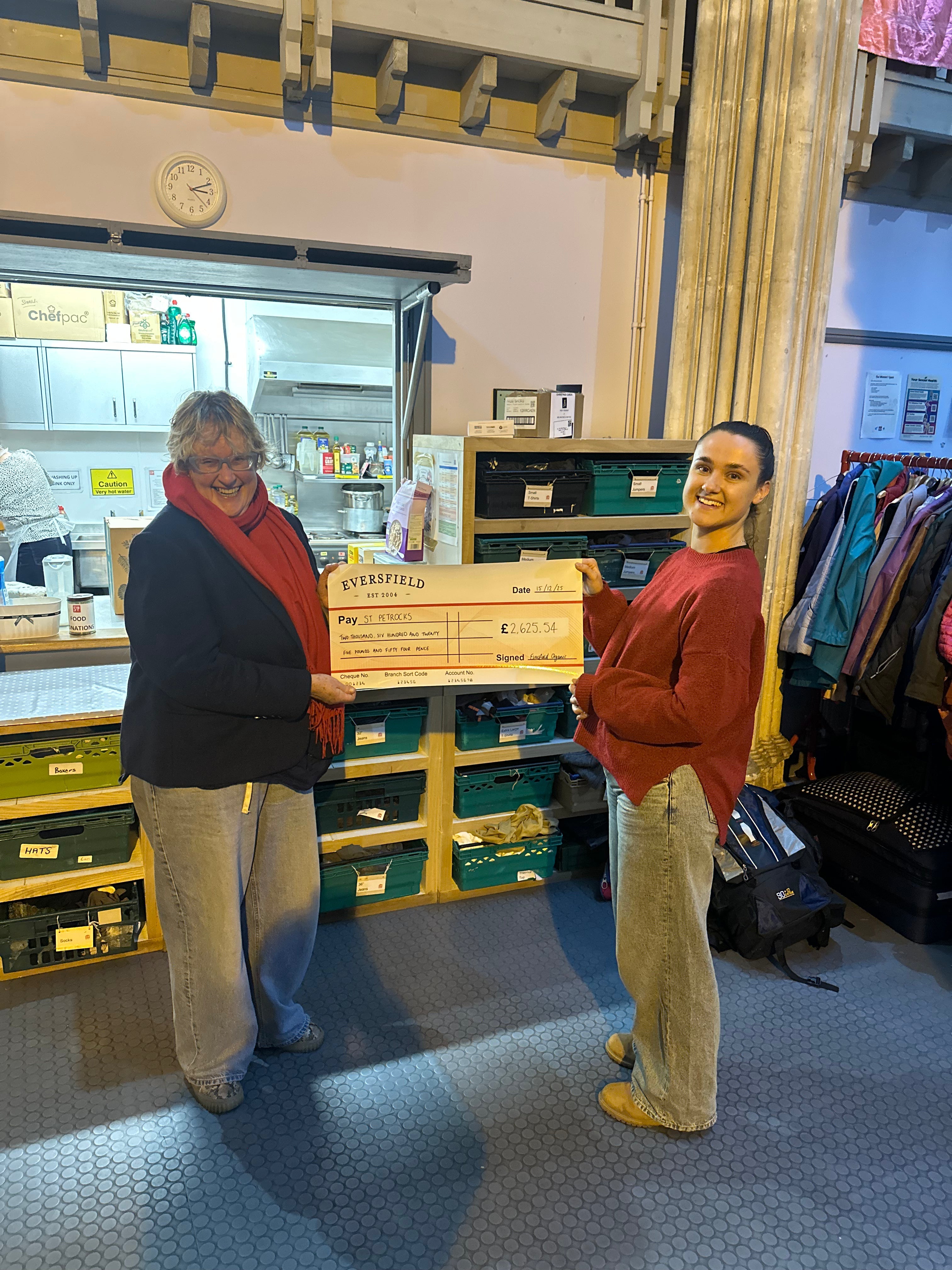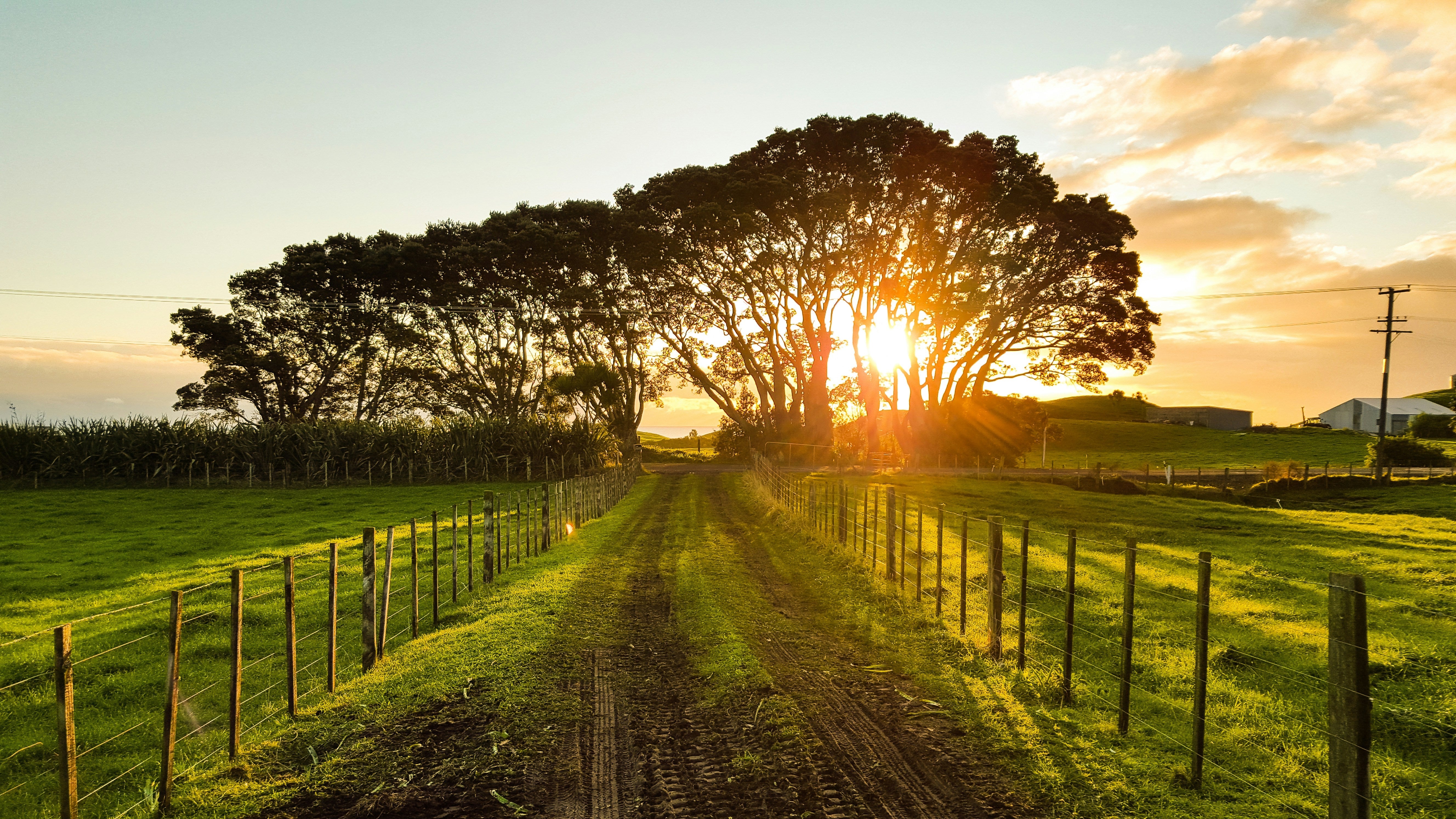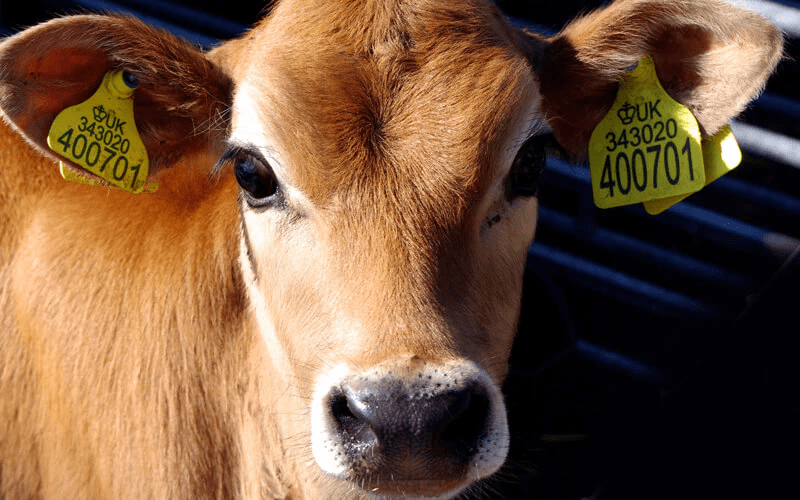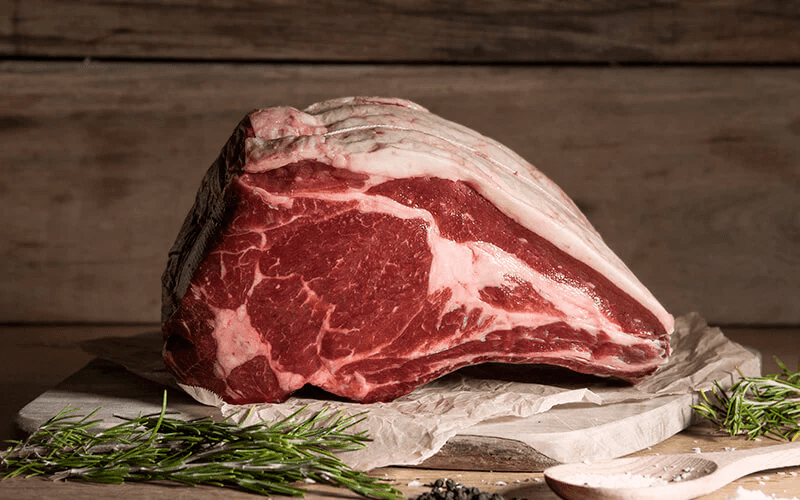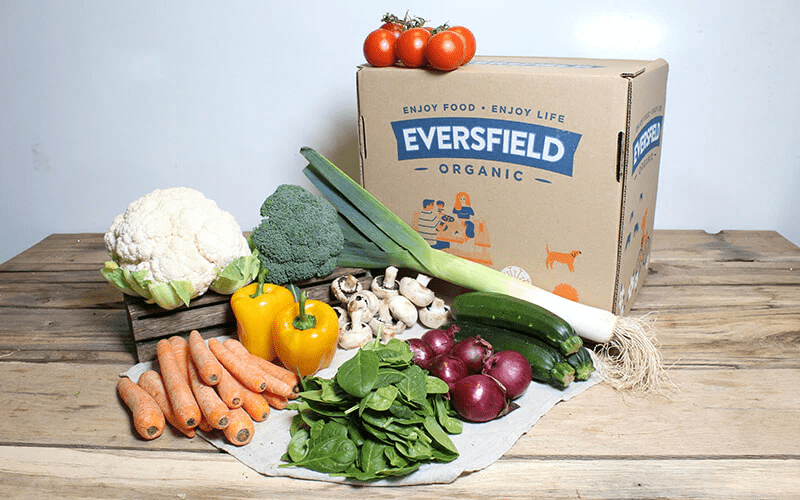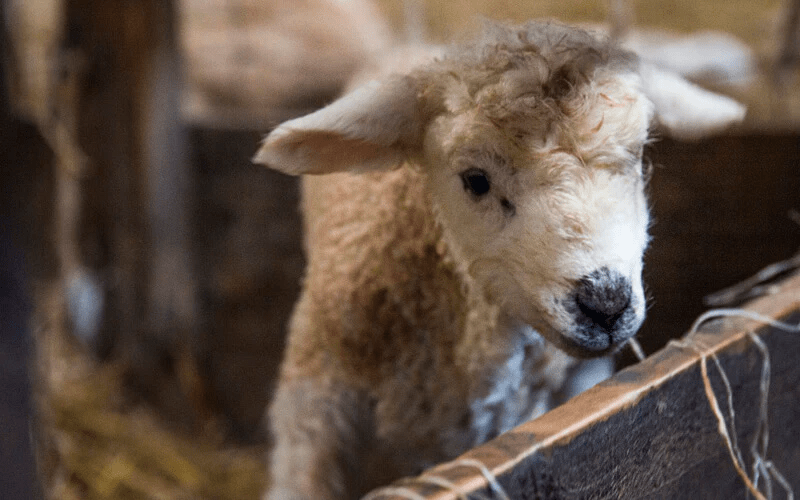In a world where the food system is under pressure — from climate change, soil degradation, and biodiversity loss — there’s a growing call to reimagine the way we farm. One term you’ll likely hear more and more is "regenerative agriculture." But what does it actually mean? And more importantly, why should it matter to you as a conscious consumer?
At Eversfield Organic, we believe regenerative agriculture isn’t just a trend — it’s a return to farming that respects the land, supports the ecosystem, and puts nutritious food on your table.
🌾 What Is Regenerative Agriculture?
Regenerative agriculture is a holistic farming approach that goes beyond sustainability — aiming not just to sustain the land but to actively restore and enhance it. It’s a system designed to regenerate soil health, increase biodiversity, capture carbon, and support natural ecosystems.
While definitions vary, most regenerative farming methods focus on:
-
Building healthy, living soil through composting, organic matter, and minimal disturbance
-
Cover cropping and crop rotation to feed the soil and reduce pests naturally
-
Integrating livestock in a way that mimics natural grazing cycles
-
Avoiding synthetic inputs like chemical fertilisers, pesticides, and herbicides
-
Encouraging biodiversity, both above and below the ground
In many ways, organic farming is foundational to regenerative farming — and at Eversfield Organic, we’re proud to say we’ve been practicing these principles long before “regenerative” became the buzzword.
🌍 Why Does Regenerative Farming Matter?
1. Because Soil Is Everything
Healthy soil isn’t just about growing crops — it’s the foundation of a thriving food system. Regenerative methods help soil store more carbon and water, reduce erosion, and encourage microbial life that fuels plant growth.
As soil health improves, so does the nutritional value of the food it produces — meaning better-tasting, more nutrient-dense meat, vegetables, and grains on your plate.
2. Because It Helps Tackle Climate Change
One of the most promising aspects of regenerative agriculture is its potential to capture atmospheric carbon and store it in the soil. This natural process of carbon sequestration could help offset emissions and contribute to a healthier planet.
At Eversfield Organic, our mob grazing techniques and closed-loop farming work to keep carbon where it belongs — in the ground, not the atmosphere.
3. Because It Supports Ecosystems, Not Depletes Them
From pollinators and microbes to birds and hedgerows, regenerative farming creates conditions where biodiversity thrives. And a diverse farm is a more resilient farm — able to withstand climate pressures, pests, and disease without relying on artificial inputs.
🐄 What It Looks Like at Eversfield Organic
We’ve been farming regeneratively since day one — we just didn’t always call it that.
-
Our organic livestock are rotationally grazed across rich pastureland, mimicking natural animal behaviours that nourish the soil.
-
We never use chemical fertilisers or pesticides, relying instead on natural compost and companion planting.
-
Our commitment to biodiversity includes wildflower margins, hedgerow planting, and habitat preservation.
-
And our closed-loop system ensures that nothing goes to waste, from farm to butchery to your doorstep.
The result? Ethically raised meat and produce that are better for you, the animals, and the planet.
🛒 Why It Matters to You
Choosing food grown through regenerative practices isn’t just an environmental act — it’s a vote for a better food future. When you support regenerative farms like Eversfield Organic, you’re investing in:
-
Cleaner air and water
-
More nutrient-rich food
-
Animal welfare and biodiversity
-
A climate-resilient future
Regeneration Is the Way Forward
At Eversfield Organic, we’re proud to be part of a growing movement that sees food not just as a commodity, but as a solution. Through regenerative farming, we’re working to heal the land, nourish people, and restore the balance between nature and agriculture.





